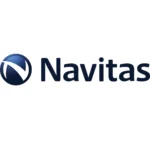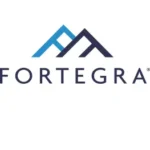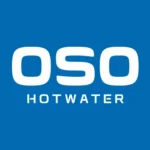SK Hynix, a prominent South Korean chipmaker, has set an ambitious goal to double its market capitalization to 200 trillion won ($152 billion) within three years. This growth strategy is anchored in the expanding use of advanced memory chips for training generative artificial intelligence (AI). At the CES technology trade show in Las Vegas, CEO Kwak Noh-Jung emphasized the centrality of memory chips in AI development, stating, “AI will be memory-centric.”
The increasing demand for memory products is driving SK Hynix to enhance its technology and products, focusing on maximizing return on investment and improving finances. However, Kwak acknowledged the limitations of conventional memory chips in keeping pace with the rapidly evolving needs of advanced AI solutions. He stressed the need for more complex technology to develop new capabilities.
In response to these challenges, SK Hynix plans to pivot towards offering tailor-made chips for customers through a custom memory platform. This strategy represents a significant shift from the company’s traditional approach, although specific details of the new strategy were not disclosed.
The semiconductor market is showing signs of recovery, with Kwak indicating a potential turnaround for dynamic random access memory (DRAM), while the recovery of NAND flash memory appears slower. He expressed optimism that the market had already passed its lowest point.
For DRAM, SK Hynix may revise its production-cut policy in the first quarter, with similar adjustments expected for NAND in the latter half of the year.
Meanwhile, SK Hynix’s rival, Samsung Electronics, also showcased its latest memory chips at CES. Despite focusing on consumer gadgets and connectivity at its press conference, Samsung is witnessing increased demand for memory chips, driven by the rapid adoption of AI, in an otherwise weak memory market. Samsung’s recent earnings guidance suggested a rebound in demand towards the end of 2023, signaling a positive outlook for the industry in the year ahead.





